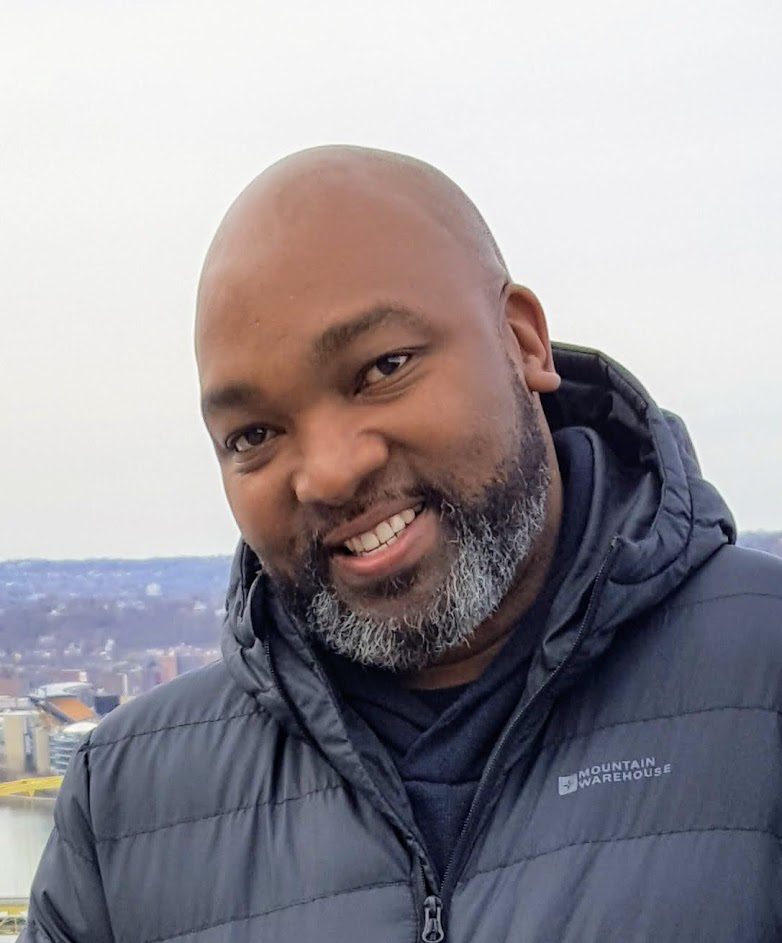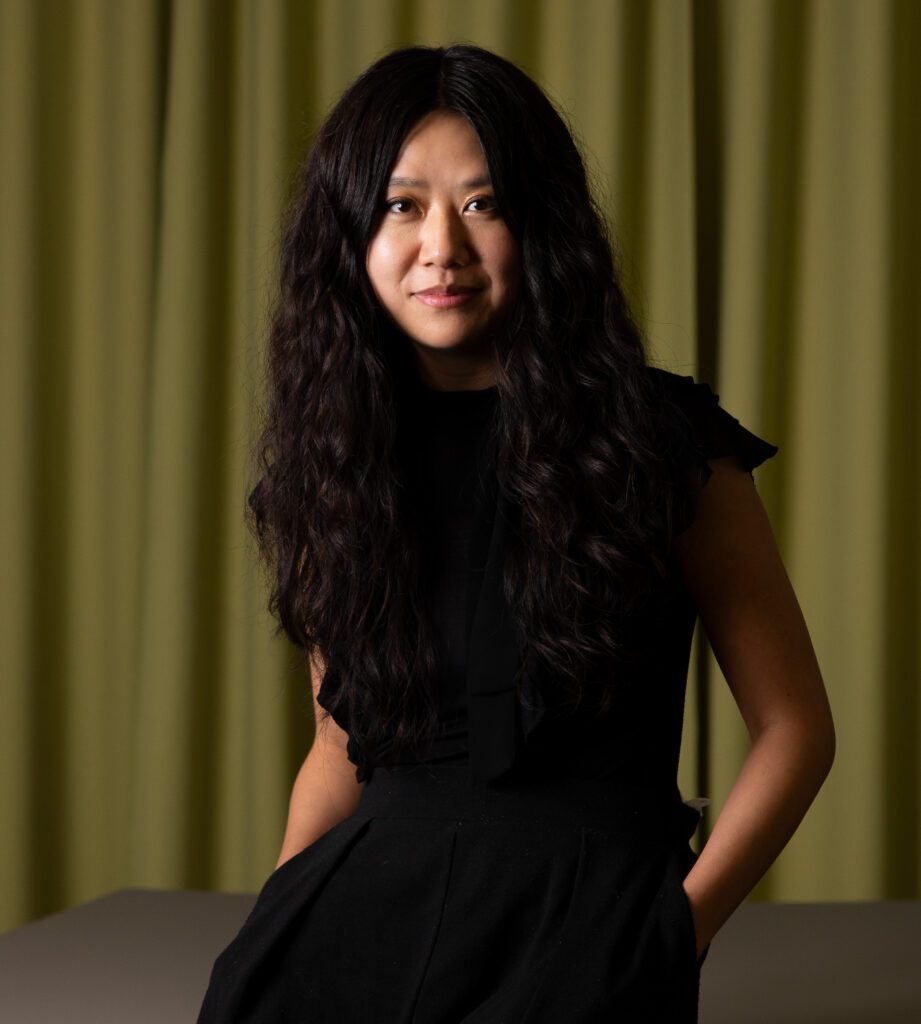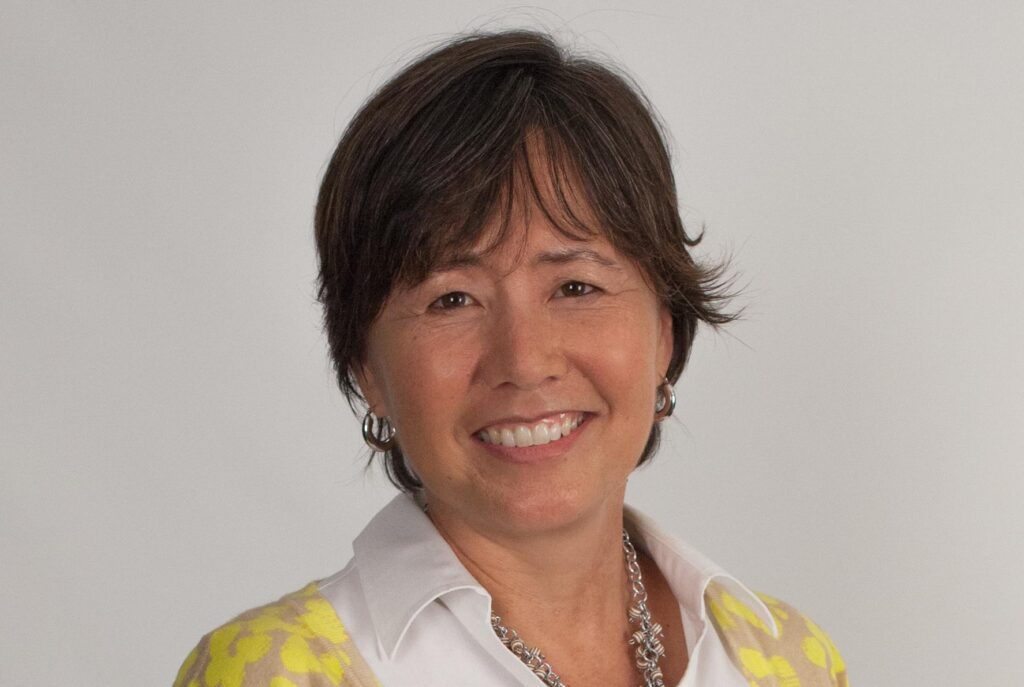Plenary Session Speakers
When Innovation Meets Injustice: Navigating the Ethical Frontiers of Face Recognition Technology
Michael King, Harris Institute for Assured Information, Florida Institute of Technology
Opening Plenary Session
Friday Evening, June 6, 2025, 6:30 – 7:30 PM, Louis North and South
Automated face recognition (AFR) technology stands at the crossroads of innovation and injustice. While it offers extraordinary capabilities for security and investigative work, its deployment raises urgent ethical questions about privacy, fairness, and accountability. Real-world cases—such as wrongful arrests resulting from misidentification—reveal the high stakes when technological decisions intersect with human judgment. This talk explores the ethical frontiers of AFR, drawing on current research, practical experience, and emerging threats like generative and adversarial AI. Attendees will better understand where “biases” truly originate, how vulnerabilities can be exploited, and what principles should guide the responsible development and use of AFR systems. Balancing the promise of innovation against the risk of injustice, we will chart a path toward ethical governance, transparency, and accountability in face recognition technologies.

Dr. Michael King joined Florida Institute of Technology’s Harris Institute for Assured Information as a Research Scientist in 2015 and holds a joint appointment as Associate Professor in the Department of Computer Engineering and Sciences. Prior to joining academia, Dr King served for more than 10 years as a scientific research/program management professional in the United States Intelligence Community. While in government, Dr King created, directed, and managed research portfolios covering a broad range of topics related to biometrics and identity to include: advanced exploitation algorithm development, advanced sensors and acquisition systems, and computational imaging. He crafted and led the Intelligence Advanced Research Projects Activity’s (IARPA) Biometric Exploitation Science and Technology (BEST) Program to transition technology deliverables successfully to several Government organizations. Recognized as an expert in biometrics and identity intelligence, he has been invited to brief the Director of National Intelligence, Congressional staffers and science advisers, Defense Science Board, and Intelligence Science Board. He also served as Intelligence Community Department Lead to the White House Office of Science and Technology Policy’s National Science and Technology Council Subcommittee on Biometrics and Identity Management (2005 – 2012). Dr King received his PhD in Electrical Engineering from North Carolina Agricultural and Technical State University in 2001 and has research interests in the areas of biometrics, cyber identity, and machine learning.
Interdisciplinary Approaches to Data Equity and Responsible AI Design
Lai-Tze Fan, Canada Research Chair of Technology and Social Change, University of Waterloo
Plenary Session – Saturday June 7, 2025, 8:30 – 10:00 AM, Louis North and South
Prof. Lai-Tze Fan’s plenary session address will focus on her work at the University of Waterloo as Director of The U&AI Lab, which uses research-creation methods for enhanced EDI (equity, diversity, inclusion) outcomes in AI design. In particular, she will showcase how interdisciplinary approaches (such as games and storytelling in combination with dataset creation initiatives) can be used as tools for advancing EDI and social justice principles in digital spaces. Her talk will centre on a case study related to facial recognition AI and her lab’s efforts to develop ethical methods for enhancing the racial diversity of datasets available to product designers working in this space.
Lai-Tze Fan is the Canada Research Chair of Technology and Social Change, and an Associate Professor of Sociology & Legal Studies and English Literature at the University of Waterloo, Canada. She is Associate Professor II at the Center for Digital Narrative in the University of Bergen, Norway, and Director of The U&AI Lab at Waterloo, which uses interdisciplinary methods for responsible AI design. She is on the Board of Directors of Waterloo’s TRuST scholarly network, targeting misinformation and public trust in collaboration with Waterloo’s Dean of Engineering and Nobel Laureate Donna Strickland. Fan has also collaborated with researchers at NASA, Google, and MIT. She is a 2024 Delegate of the Science Meets Parliament program, through which she works with Canadian politicians and policy makers on AI regulation. Fan serves as an Editor of the open-access journals electronic book review and the digital review.

Thoughtful Acceleration of Technology Transition
Stefanie Tompkins – Provost, Colorado School of Mines
Plenary Session – Sunday June 8, 2025, 8:30 – 10:00 AM, Louis North and South
In today’s dynamic world, where technology impacts society in so many complex ways, understanding the societal impacts of those technologies seems increasingly important. Embedding Ethical, Legal and Societal Implications (ELSI) considerations into the development of emerging technologies can accelerate thoughtful transition of those technologies into real world use. This talk will discuss the benefits and costs of making ELSI processes an integral part of new technology development, as well as share the challenges and opportunities associated with instilling an ELSI culture across an entire science and technology organization.

Stefanie Tompkins has been appointed Provost at Colorado School of Mines, effective May 12, 2025. Dr. Tompkins has worked at the intersection of science and service for her entire career. Most recently, she led the Defense Advanced Research Projects Agency, or DARPA, from March 2021 through January 2025. As DARPA Director, she championed the expansion of the agency’s innovation ecosystem to ensure that DARPA always had access to the best ideas, and initiated the widespread inclusion of Ethical, Legal and Societal Implications (ELSI) considerations into every DARPA program. Prior to this role, she served as the Vice President for Research and Technology Transfer at the Colorado School of Mines. Her career also includes over 10 years in industry, conducting research projects in planetary geology and imaging spectroscopy and managing diverse portfolios that spanned a range of sensing and analysis technologies, and over 12 years previously at DARPA as a program manager and in multiple leadership roles. She began her career as a US Army intelligence officer. She received her undergraduate degree in geological and geophysical sciences from Princeton University and her master’s and doctoral degrees in geological sciences from Brown University.

